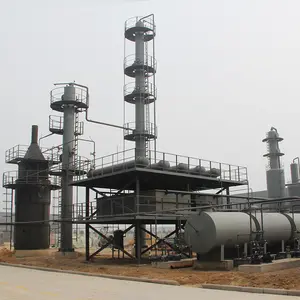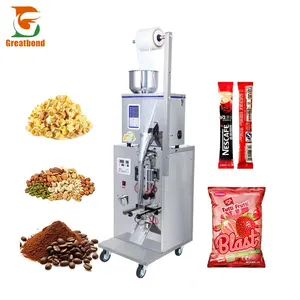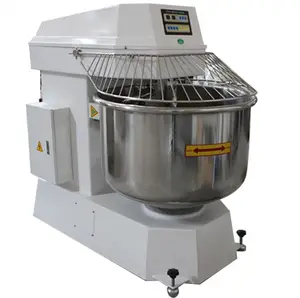Popular in your industry













































































Top categories
About fractional distillation oil
Crude oil is a natural resource that needs refining to be useful in various industries. Crude oil and fractional distillation are the most common methods to refine oil. The process of refining crude oil involves separating the different hydrocarbons through distillation. Fractional distillation of petroleum is an essential step to create various byproducts that are widely used in industries and households. These byproducts are known as fractional distillation fractions of oil.
What is the definition of fractional distillation of oil?
The fractional distillation of oil is a method of refining oil that involves heating crude oil to its boiling point and then collecting the vaporized fractions at different temperatures. This process is based on the principle that different hydrocarbons have different boiling points. Fractional distillation oil is used to separate the various components of crude oil into fractions, each with a specific boiling range and properties. The distillation column is used for the fractional distillation of oil. The column has a series of trays or packing material that provides a large surface area for the vaporized oil to condense and separate into different fractions. The hot oil is fed into the column from the bottom, and as the temperature increases, the lighter fractions rise to the top, while the heavier fractions remain at the bottom.
What are the fractions of fractional distillation of oil?
The fractions of fractional distillation of oil include gases, naphtha, kerosene, diesel or gas oil, lubricating oil, fuel oil, and residue. All these fractions have different boiling points and are used in various industries. The gases fraction includes methane, ethane, propane, and butane. Naphtha is a light hydrocarbon liquid that is used as a solvent in the chemical industry and as a feedstock for the production of gasoline. Kerosene is a light, colorless, and flammable oil that is used as a fuel for jet engines, lamps, and stoves. Diesel or gas oil is a heavier fraction that is used as fuel in diesel engines, home heating, and industrial heating. Lubricating oil is a viscous liquid that is used to reduce friction between moving parts and protect them from wear and tear. Fuel oil is a heavy, viscous liquid that is used as fuel in power plants, ships, and industrial boilers. Residue is the heaviest fraction that remains at the bottom of the column and is used to make asphalt, tar, and other road construction materials.
What is the importance of fractional distillation of oil?
The fractional distillation of oil is essential because it allows for the separation of crude oil into different fractions, each with specific properties and uses. These fractions are used as raw materials in various industries, such as the petrochemical, automotive, and aerospace industries. Fractional distillation is used to produce gasoline, diesel, jet fuel, lubricants, and other products that are vital for the global economy. Additionally, the fractional distillation of oil is crucial for meeting the growing demand for energy and fuel, as it allows for the efficient production of different types of fuels and petrochemical products. By separating crude oil into its constituent fractions, fractional distillation enables the utilization of the entire resource, maximizing its value and reducing waste.






















